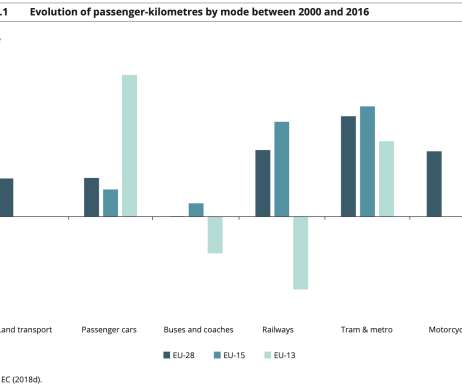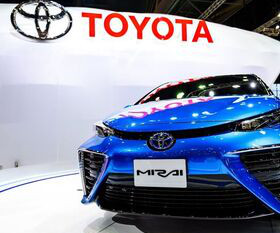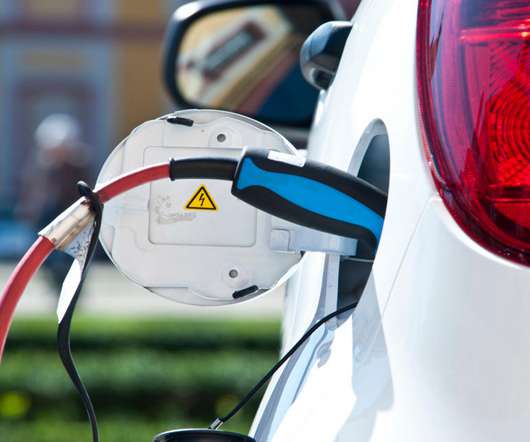EPA: US GHG emissions in 2017 down 0.3% from 2016
Green Car Congress
FEBRUARY 14, 2019
In 2017, total gross U.S. greenhouse gas emissions were 6,472.3 from 2016, according to the US Environmental Protection Agency’s (EPA’s) latest Greenhouse Gas Inventory. The decrease in total greenhouse gas emissions between 2016 and 2017 was driven in part by a decrease in CO 2 emissions from fossil fuel combustion.












































Let's personalize your content